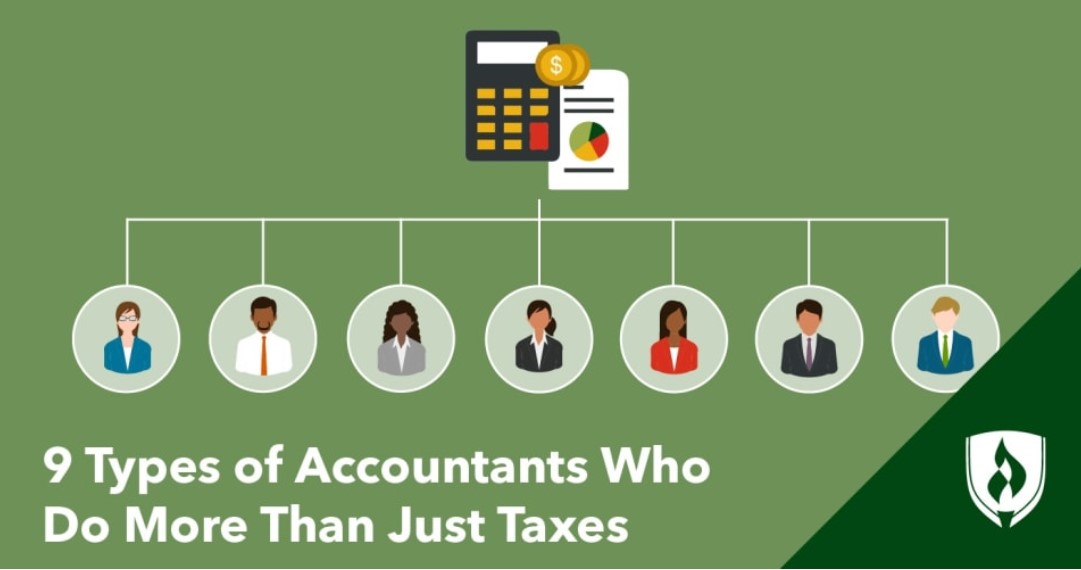Understanding Accounting Jobs: Types, Benefits, and Why It’s a Smart Career Choice
Behind every financial report, business decision, or tax return, there’s an accountant making sense of the numbers. In today’s fast-paced and data-driven world, accounting professionals are in higher demand than ever before. Whether you’re just starting your career or considering a shift, the accounting field offers stability, diverse roles, and strong earning potential.
In this article, we’ll break down the various types of accounting jobs, key benefits of the profession, and why accounting might be the right path for you.
📌 What Is an Accounting Job?
An accounting job involves recording, analyzing, interpreting, and reporting financial information for individuals, companies, or governments. Accountants ensure that organizations comply with financial regulations and that money is being used efficiently and transparently.
Accounting roles exist across multiple sectors — including public firms, private corporations, nonprofits, startups, and government agencies. With the rise of automation and cloud-based software, modern accounting combines traditional financial principles with cutting-edge technology.
✅ Key Benefits of Working in Accounting
1, Job Stability & Demand
Accounting is recession-proof. Businesses will always need to manage budgets, file taxes, and maintain financial transparency. Whether during a market boom or downturn, accountants remain essential.
2. Strong Salary Prospects
Even entry-level accounting jobs offer competitive salaries, with substantial increases for experienced or certified professionals. Roles like CPA, CMA, or CFO can command six-figure incomes in many regions.
3. Room for Growth
From junior accountant to financial controller or CFO, the accounting field has a clear path of progression. Specializing or earning certifications significantly boosts career advancement.
4. Highly Transferable Skills
Financial literacy, attention to detail, analytical thinking, and tech proficiency are universally in demand—allowing accountants to move across industries with ease.
5. Flexible Work Options
Cloud accounting tools enable remote work, consulting, and freelance gigs. Many roles offer hybrid or fully online setups, especially in tax and bookkeeping.
6. Diverse Specializations
Whether you enjoy auditing, taxation, cost analysis, or fraud investigation, there’s an accounting niche to match your strengths.
7. Professional Respect
Accountants are trusted advisors and often part of major business decisions. Their insights influence everything from budgets to growth strategies.
🧠 Types of Accounting Jobs
- Public Accountant
Works with multiple clients on tasks such as audits, tax returns, and financial consulting. Offers broad exposure to different industries.
Best for: Versatile professionals who enjoy variety
Certifications: CPA, ACCA
Employers: Big Four (PwC, Deloitte, EY, KPMG), regional CPA firms
- Management (Corporate) Accountant
Focuses on internal financial strategy—budgeting, cost control, and forecasting to guide decision-making.
Best for: Problem-solvers who enjoy operational efficiency
Certifications: CMA, CPA
Employers: Private businesses, manufacturers, service companies
- Government Accountant
Monitors public funds and ensures accountability in taxpayer spending. May also conduct audits or manage grants.
Best for: Detail-oriented individuals interested in public service
Certifications: CGFM
Employers: IRS, local/state governments, federal agencies
- Tax Accountant
Helps individuals and businesses minimize taxes legally and stay compliant. Involves preparing returns and planning tax strategies.
Best for: Professionals who stay current with tax law
Certifications: CPA, EA (Enrolled Agent)
Employers: Tax firms, consultancies, corporate tax departments
- Forensic Accountant
Investigates fraud, financial misconduct, or discrepancies. Often supports legal cases or insurance claims.
Best for: Analytical thinkers with investigative instincts
Certifications: CFE, CPA
Employers: Law firms, regulatory bodies, insurers
- Auditor (Internal or External)
Reviews records to assess accuracy, compliance, and risk.
Best for: Professionals with integrity and analytical focus
Certifications: CPA, CIA
Employers: Audit firms, corporations, government agencies
- Cost Accountant
Tracks and evaluates the cost of producing goods or services. Supports decision-making on pricing, budgeting, and cost-efficiency.
Best for: People who love numbers and operations
Certifications: CMA, CPA
Employers: Manufacturing companies, construction, logistics
- Financial Analyst
Best for: Data-driven professionals with a business mindset
Certifications: CFA, CPA
Employers: Banks, investment firms, corporate finance teams
📈 Career Outlook & Opportunities
With globalization, tax law changes, sustainability accounting, and emerging technologies like blockchain, the demand for accounting professionals is strong—and only expected to grow.
High-demand sectors include:
Health care
Government
Technology
Renewable energy
Financial services
Emerging areas:
Environmental accounting
Cybersecurity compliance
Cryptocurrency tax analysis
Automated accounting systems
🏁 Final Thoughts
Accounting isn’t just about ledgers and spreadsheets—it’s about trust, accuracy, and strategic insight. Whether you’re a student exploring career options, a professional pivoting from another field, or someone looking for long-term growth, accounting offers a world of opportunity.
With its blend of analytical challenge and real-world impact, accounting stands out as one of the most practical, respected, and future-ready professions. Equip yourself with the right education and certifications, and you’ll be well on your way to a stable and fulfilling career.
❓FAQs
1, What are the best certifications for an accounting career?
CPA, ACCA, CMA, and CFE are widely recognized and enhance career prospects.
2. Can I become an accountant without an accounting degree?
Yes. Many professionals enter through finance or business degrees and later earn certifications.
3. Is accounting a good remote career option?
Absolutely. Many accounting roles—especially tax, auditing, and bookkeeping—offer remote flexibility.
4. What’s the difference between a CPA and an accountant?
All CPAs are accountants, but not all accountants are CPAs. A CPA has passed licensing exams and holds legal signing authority in some regions.
5. Are accounting jobs boring?
Not if you love solving problems, working with data, and influencing real business decisions. Specializations like forensic or managerial accounting can be especially dynamic.
